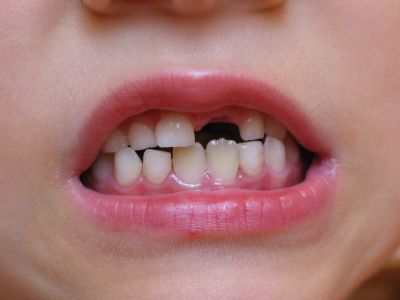Dental problems contributing to more hospital admissions than asthma

Recent research has revealed that dental decay is putting more children in hospital than asthma in regional Australia.
The research report, which was compiled by representatives from the Melbourne Dental School, the Australasian Academy of Paediatric Dentistry, Barnardo’s Australia and the Children’s Hospital at Westmead, shows that children in regional Australia have much lower standards of oral health than children living in urban areas. Some regional dentists have reported seeing children as young as twelve months old with dental decay and some primary school children are having all their milk teeth extracted as a result of severe decay.
The report found that 8 out of 10 children in regional Australia did not brush their teeth twice a day and shockingly, only 12 percent of children had seen a dentist before the age of 2.
David Manton, from the Melbourne Dental School, said the results of the study were shocking and claimed that the poor standards of oral health were largely due to a lack of poor oral hygiene and a diet high in sugary foods. Dr Manton said that many parents did not realise the importance of oral hygiene and did not encourage their children to brush their teeth twice a day until they went to school; however, dentists advise parents to start caring for their children’s teeth as soon as they start to erupt from the age of six months. Dentists recommend taking children for their first check-up around the time of the child’s first birthday.
The report found that most parents identified cost as a major problem, with many seeing they couldn’t afford regular dental appointments for their family.
To try and reduce rates of decay, Oral B is launching a campaign to encourage good oral hygiene habits and provide financial assistance to those who are in desperate need of help. A mobile dental service will start on Monday; the unit will tour regional areas to provide basic dental treatments and talk to people about the importance of oral health.
Join this Discussion









